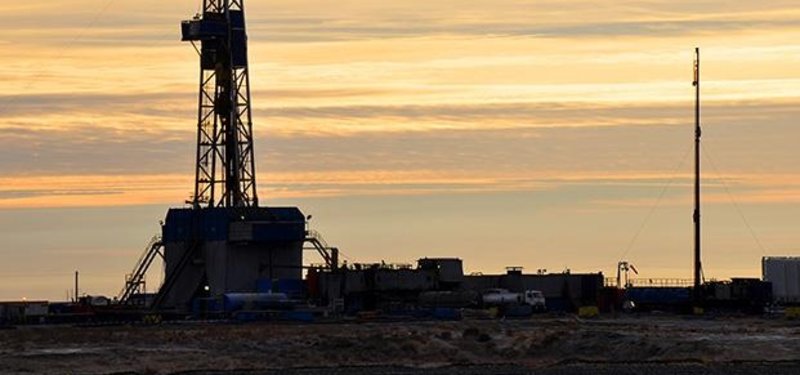
Australia-based firm to start gas exploration in Zimbabwe
- World
- AFP
- Published Date: 12:34 | 20 August 2022
- Modified Date: 12:34 | 20 August 2022
Australia-based oil and gas company Invictus Energy said Friday it would next month begin exploring for gas in northern Zimbabwe.
If successful, this could lead to Zimbabwe's first gas production and could ease the country's perennial power woes.
Exploration was to start some 200 kilometres (120 miles) north of the capital Harare near the border with Mozambique at a field that is estimated to hold 20 trillion cubic feet of gas, according to Invictus.
It was previously explored by US giant Mobil Oil in the early 1990s.
"We expect to start drilling early September," said Barry Meikle, Invictus country manager at the site of the well in Muzarabani.
Invictus Energy signed the exploration, development and production deal with Zimbabwe in 2018.
It plans to build a gas-to-power facility to supply the national grid.
Zimbabwe is plagued by energy shortages forcing outages of up to 15 hours a day.
"We are having a power deficit in this country so if we are able to do a short-term gas-to-power project, there will be immediate benefit in terms of power generation," Meikle told AFP. "It will be the start of a very big industry".
Joe Mtizwa, vice chairman of Invictus Energy said: "If we are successful, this project will be transformational -- a game changer for Zimbabwe."
But environmentalists are wary.
"At the moment, the project is at its exploration stage so the impact on the environment is marginal," said environmentalist Farai Maguwu.
But "when the project gets into full swing, we expect... serious environmental pollution," warned the founder of the Centre for Natural Resource Governance.
Maguwu said he feared that the construction of hundreds of kilometres (miles) of pipeline would displace people, as well as destroy vegetation and animal habitats.
And "whilst natural gas is considered cleaner than coal, it still emits pollutants such as methane gas which is a deadly heat trapping gas," he said.

